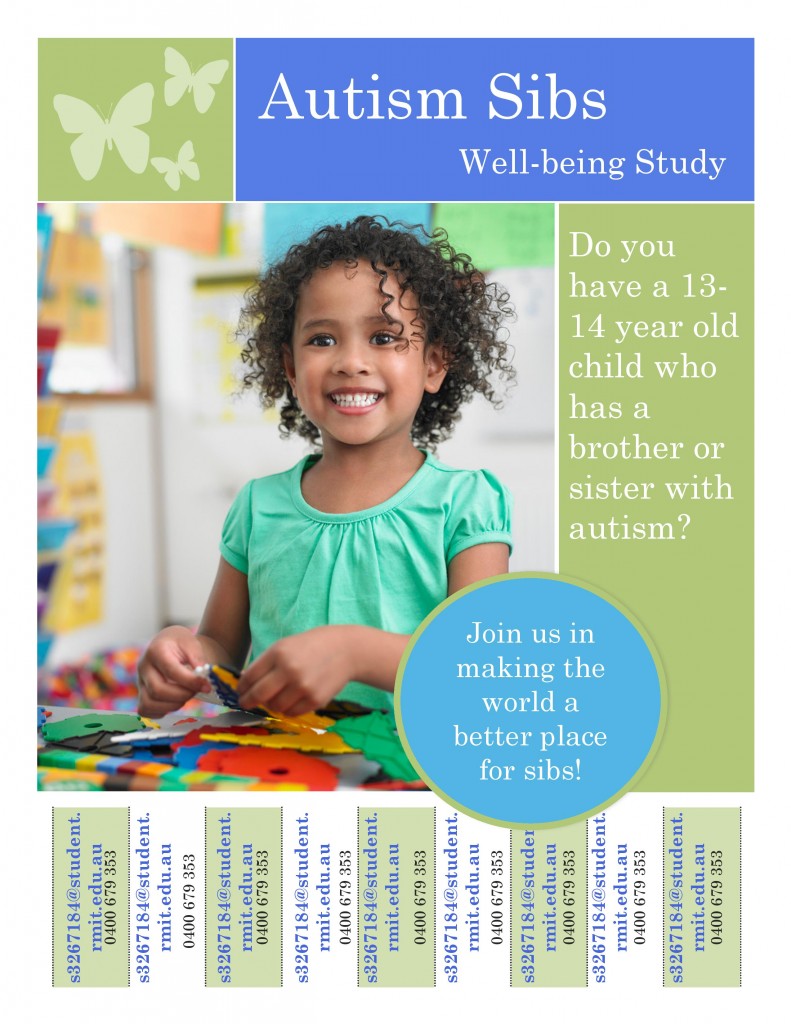
Brains for Dementia Research
This is one of those Christmas stories we love.
Robert and Lindsay Mudge are a unique couple. They plan to give away their brains after they die.
Robert was diagnosed with Alzheimer’s disease in January 2013. Alzheimer’s is a physical disease that affects the brain. During the course of the disease, protein ‘plaques’ and ‘tangles’ develop in the structure of the brain, leading to the death of brain cells. It is the most common cause of dementia.
Robert went to his local GP and was referred to Loughborough Memory Clinic and three months later, after undertaking various memory tests, he was diagnosed with early on-set Alzheimer’s disease.
Lindsay said: “Our experience of the NHS has been excellent and they have done everything they can for us. But interestingly when Bob was diagnosed, the first thing we were told was ‘It’s early on-set Alzheimer’s and there is no cure. We can maybe help the symptoms but it’s progressive and there is no cure. The medication may slow the disease down, but there is no cure.’ We made it clear that we wanted to be involved in research. They didn’t ask us.”
Robert and Lindsay were determined to find out as much information about the disease as possible and discovered the Alzheimer’s Society website, where Robert noticed an advertisement for the annual Alzheimer’s Show held in London during the summer in 2013. Robert and Lindsay decided to go and while they were there, Lindsay found an article about Brains for Dementia Research (BDR) which is a partnership between Alzheimer’s Research UK and the Alzheimer’s Society. BDR promote brain donation and develop a network of brain tissue banks for dementia research. They discussed it and Lindsay gave them a call.
Catherine Thompson is the DeNDRoN (Dementia and Neurodegenerative Diseases) research nurse for the Clinical Research Network: East Midlands based at Leicester’s Hospitals. She contacted Lindsay and Robert to discuss what was involved in donating your brain. As part of the visit, she explained that the BDR trial needs brains from both sufferers of dementia as well as non-sufferers. This is so a full comparison can be made.
Catherine explains what it is that inspired her to work in research in this specialty area: “I love my job as a nurse. I especially enjoy meeting new people who are interested in research and finding out more about them and their families’ lives. I have been a nurse for over 25 years and this has been by far the most rewarding job I have ever had.”
When asked, why be involved? Robert stated: “I just want to learn as much as I can about what’s going to happen and to help people understand how it works.”
Lindsay agreed: “Catherine brought the paperwork, took us through it and discussed it. She left us to think about it for a few weeks, before arranging a follow-up appointment where we signed a consent form. I’m quite at ease about it but it is handled very gently, carefully and professionally. At any time you can withdraw. It’s nothing to be fearful of; they’re guided by you all the time.”
“Taking part in research makes us feel better. We’re doing something. And we are doing it together.”




